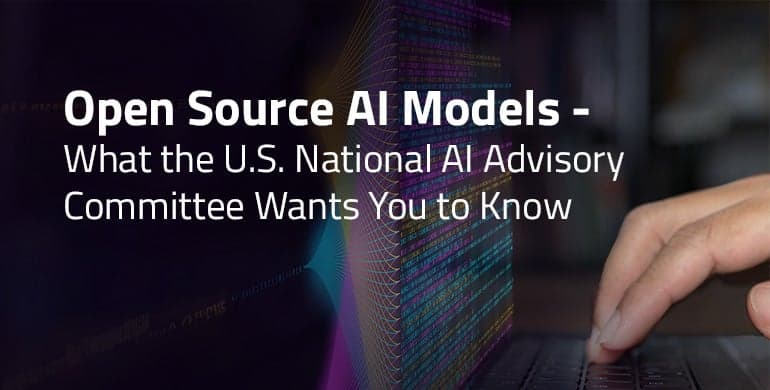US Leads Open-Source AI Development Amidst Definitional Debates and Policy Push

The United States continues to be a dominant force in the development of open-source artificial intelligence models, driven by significant contributions from major technology companies. This leadership, however, is frequently scrutinized, as highlighted by a recent social media post from "wiki — open/acc," which rhetorically questioned, > "Surely the US should have the best open source models then, right? Right?" This sentiment reflects ongoing discussions about the nature and implications of open-source AI.
Companies like Meta have been at the forefront, notably with their Llama series of large language models, which have been made available to researchers and developers globally. These models have significantly accelerated innovation within the AI community, fostering collaborative development and diverse applications. The widespread adoption of such frameworks underscores the US's substantial impact on the global AI landscape, as noted by Meta CTO Andrew Bosworth who stated, "commoditizing the foundational models is just good business."
Despite the rapid advancements, the definition of "open source" in the context of advanced AI models remains a subject of debate. Concerns often revolve around the extent of transparency, access to training data, and the potential for misuse, prompting calls for clearer standards. This definitional ambiguity contributes to the skepticism expressed by some observers regarding the true "openness" of certain models, with some experts, like Anthropic CEO Dario Amodei, even calling the open-vs-closed debate a "red herring" in AI.
The US government is actively engaging with the open-source AI ecosystem, balancing innovation with safety and national security. Initiatives such as the National AI Research Resource (NAIRR) aim to provide researchers with greater access to computational resources and data, further bolstering open science in AI. Policymakers are also exploring frameworks to ensure responsible development and deployment of these powerful technologies, with figures like OpenAI CEO Sam Altman proposing licensing or safety compliance requirements for the most powerful models.
This dual focus on fostering innovation through open access while addressing potential risks shapes the future trajectory of US leadership in AI. As the technology evolves, the dialogue around what constitutes truly open and beneficial AI models will likely intensify, influencing both corporate strategies and governmental regulations.